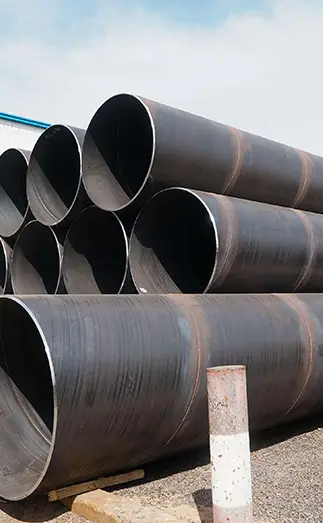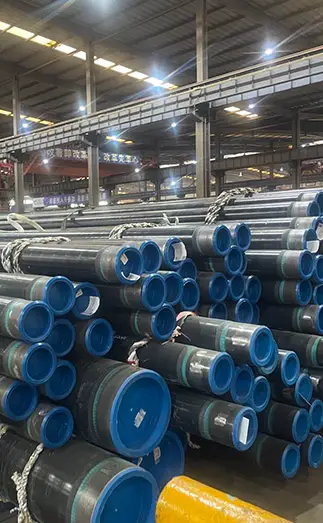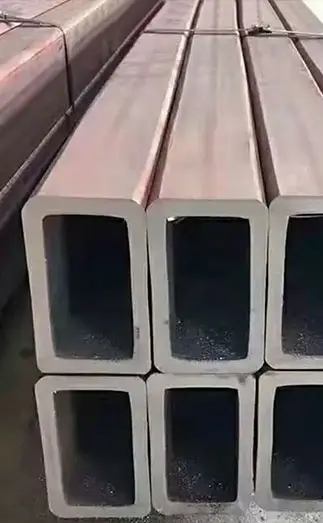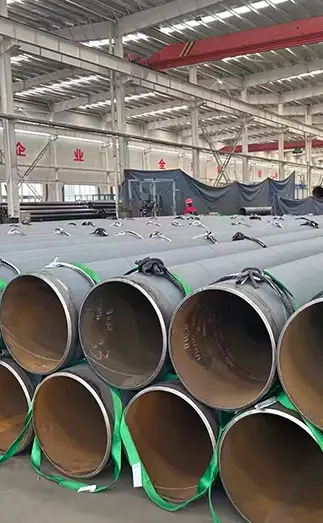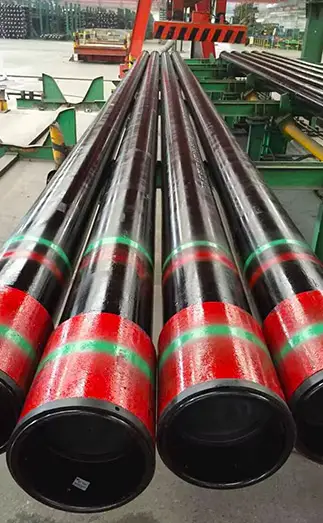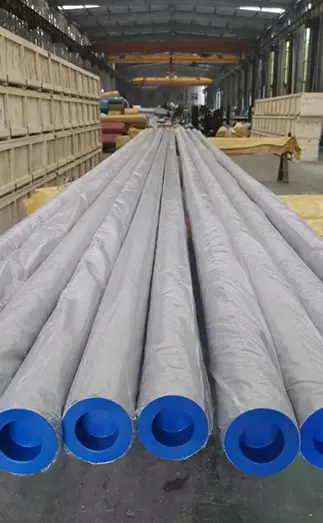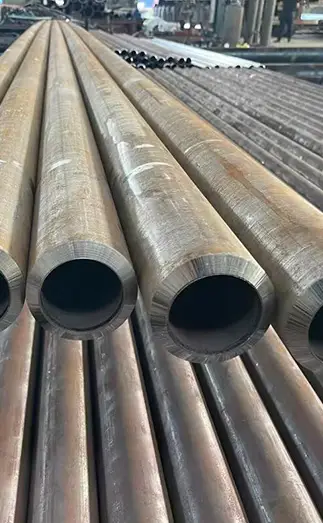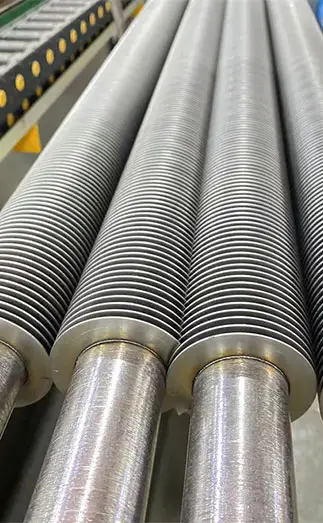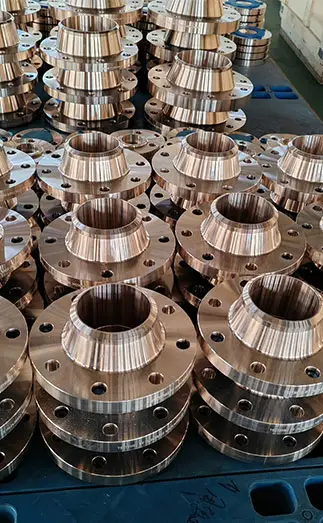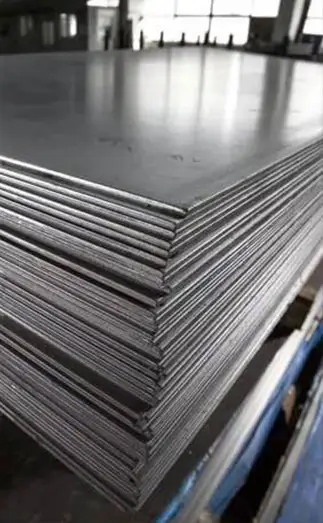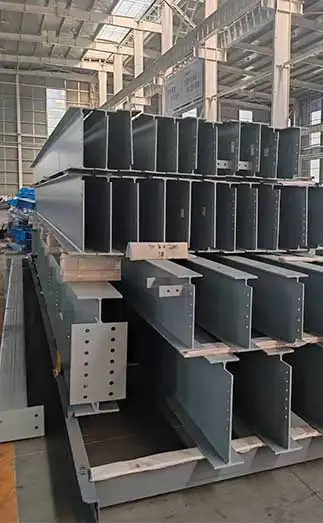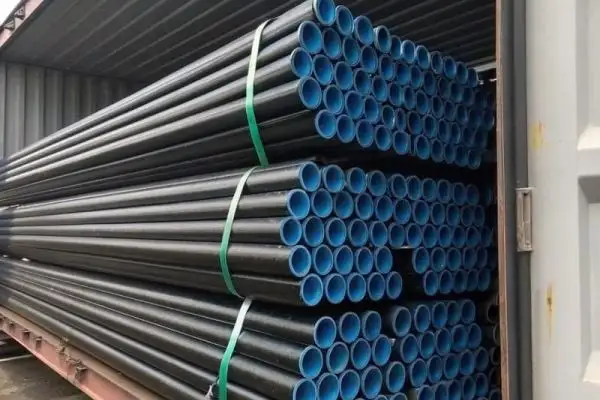Electric Resistance Welded (ERW) steel pipes are a popular choice for various industrial applications due to their strength and cost-effectiveness. To ensure the pipes meet the necessary quality and performance criteria, they are manufactured according to specific standards. Here's an overview of the key standards and considerations for material selection.
Key Standards for ERW Steel Pipes:
- ASTM A53:
This standard covers welded and seamless steel pipes for general use, suitable for construction, structural, and transportation pipelines.
- ASTM A500:
Applies to welded and cold-formed steel pipes intended for structural applications, predominantly used in structural engineering.
- ASTM A513:
Specifies electric resistance welded carbon and alloy steel mechanical piping, suitable for various environmental conditions including high temperature, pressure, and corrosive media.
- ASTM A252:
Designed for steel pipe piles, primarily used in deep foundations and civil engineering projects.
- ASTM A178:
Specifies electric resistance welded carbon steel and carbon-manganese steel pipes for boilers and superheaters, covering minimum wall thickness requirements.
- ASTM A312:
Applies to stainless steel materials, outlining manufacturing requirements and mechanical properties for both seamless and welded stainless steel pipes.
- ASTM A691:
Covers carbon and alloy steel pipes made from pressure vessel quality plates, using electric fusion welding with added filler metal, suitable for high-pressure service at high temperatures.
- ASTM A672:
Specifies electric fusion welded steel pipes for high pressure at moderate temperatures.
- API 5L:
Standard for pipeline systems in the petroleum and natural gas industry, including transportation of various fluids. It is divided into PSL1 and PSL2, with PSL2 having more stringent technical requirements.
- BS 1387:
A British standard for welded steel pipes used in low-pressure water and gas transportation.
- EN 10217:
A European standard series for welded steel pipes for pressure purposes, covering a range of materials from non-alloy to stainless steel. It aims to unify technical requirements and delivery conditions for pressure pipes, with EN 10217-7 focusing on stainless steel welded pipes suitable for critical applications like heat exchangers and pharmaceutical equipment.
Material Selection for ERW Steel Pipes:
Selecting the appropriate ERW pipe material involves considering several factors to ensure the pipe's suitability for its intended application:
- Corrosion Resistance:
Choose materials with high corrosion resistance, such as stainless steel or nickel alloys, for environments prone to corrosion.
- Strength and Hardness:
Select materials with adequate strength and hardness, like carbon or alloy steel, based on the pressure and load conditions.
- Weldability:
Consider the weldability of the material, including the availability of suitable welding techniques and equipment, for materials like carbon and stainless steel.
- Inspection and Acceptance:
Choose materials that meet the required inspection and acceptance criteria, including appropriate material certifications and traceability.
- Cost and Availability:
Consider the budget and market availability when selecting materials to ensure cost-effectiveness and timely procurement.
By taking these factors into account, you can select the most suitable ERW steel pipe material for your specific needs, ensuring both performance and compliance with industry standards.



 English
English Español
Español Français
Français بالعربية
بالعربية